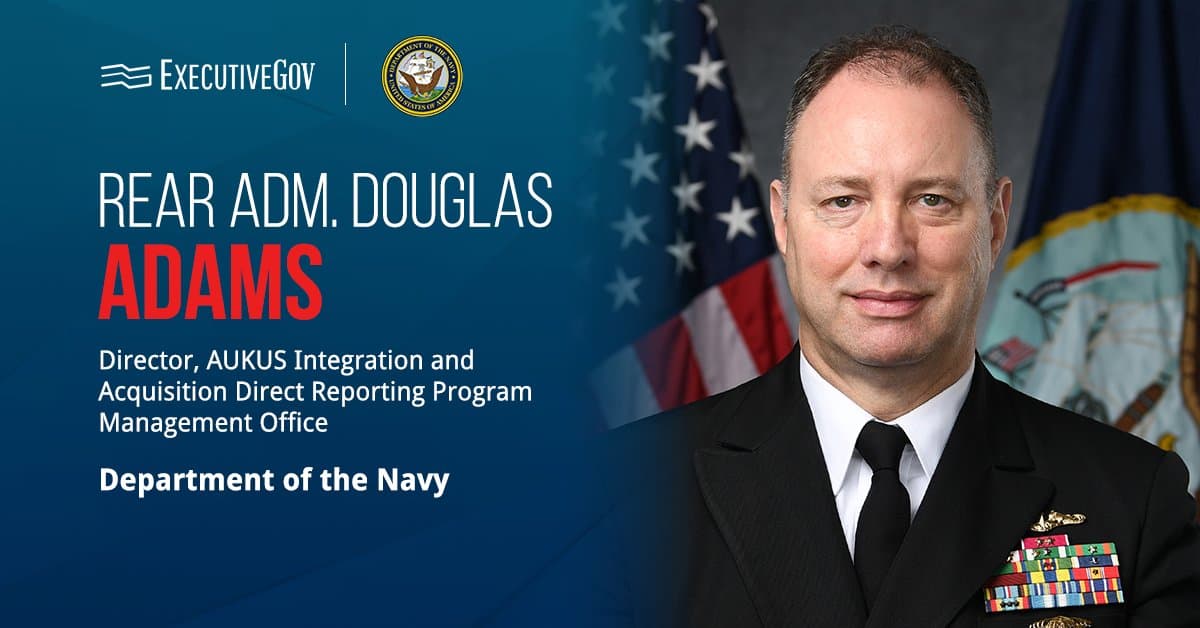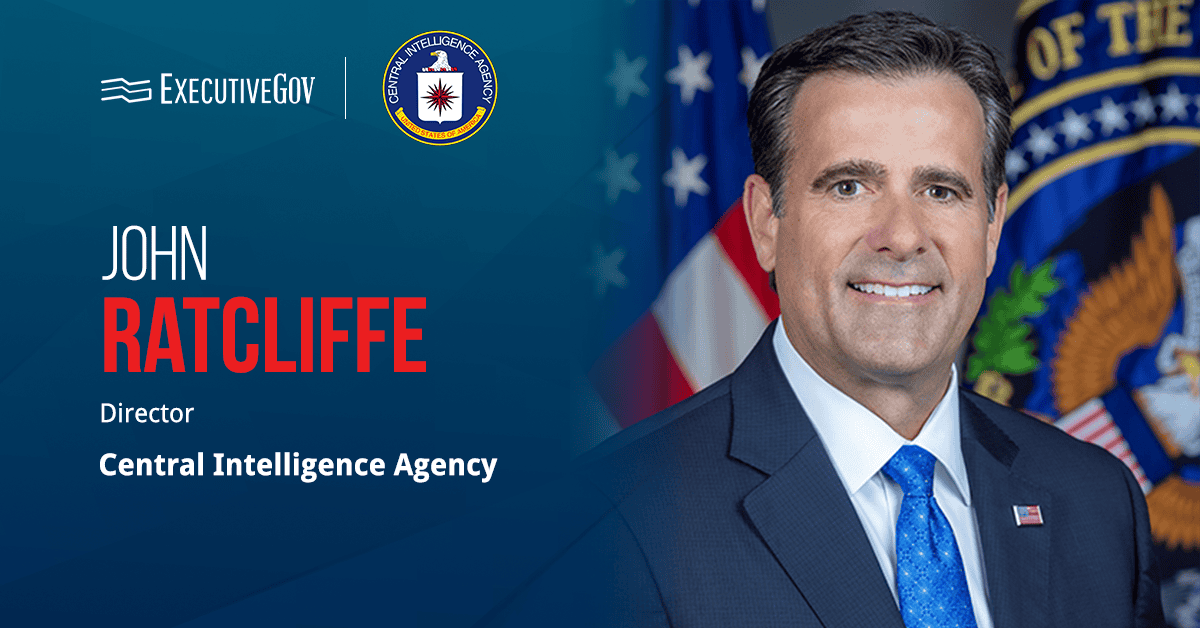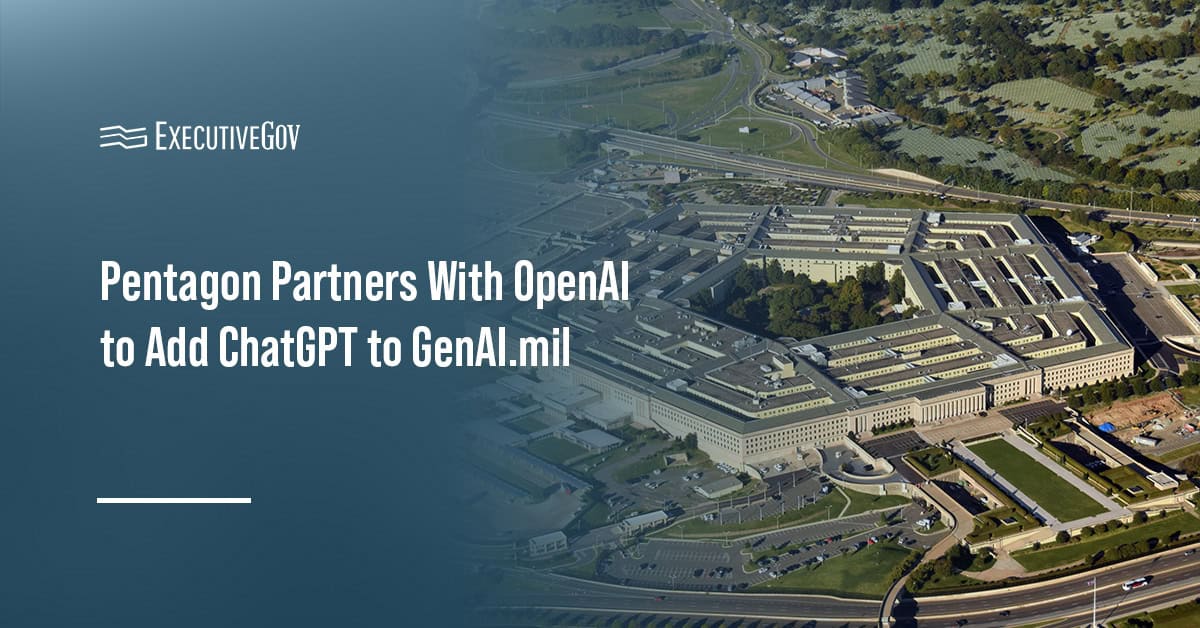 David Davis, chief systems engineer for the U.S. Air Force Space and Missile Systems Center, has said the service branch’s focus on resilience to counter emerging space threats has implications for spacecraft production and testing, SpaceNews reported Wednesday.
David Davis, chief systems engineer for the U.S. Air Force Space and Missile Systems Center, has said the service branch’s focus on resilience to counter emerging space threats has implications for spacecraft production and testing, SpaceNews reported Wednesday.“The technical practices we employ today will continue to drive high costs,†Davis said at the Space Tech Expo in California.
“That will be inconsistent with the resiliency and the proliferation. We need technical practices that are balanced with this overall program,†he added.
He noted that the Air Force could leverage technological platforms built for commercial markets when it comes to satellite development and cited the need for the military and intelligence agencies to ensure the security of commercial components used to develop space systems.





